There’s one throwaway scene in Mystery Train that sums up the tone of the entire film. Young Japanese couple Jun (Masatoshi Nagase) and Mitsuko (Youki Kudoh) are sitting bathed in neon lights, beneath a statue of Elvis Presley. Her face is full of innocent wonder while his is the definition of deadpan. Without even looking, he pulls a cigarette from behind his ear, takes out his zippo lighter, lights his cigarette with a click of his fingers and flicks the lighter back into his shirt pocket without even looking, before the two of them playfully bicker over who is better, Presley or Carl Perkins.

It’s that mix of detached coolness and charm that makes Jim Jarmusch’s love letter to Elvis one of his most successful films. Jarmusch’s work tends to veer between quietly meditative (Broken Flowers and Paterson) and coolly detached (Down By Law and Only Lovers Left Alive). Mystery Train keeps the laid back coolness of his breakout hit Stranger Than Paradise, and the episodic structure of his previous film, Down By Law, but for the first time he introduces a real sense of pathos and nostalgia. It’s also his first film to utilize the portmanteau structure, (something he would return to with Night On Earth and Coffee and Cigarettes) following three sets of characters across one night in a run-down hotel in Memphis, Tennessee.
The first segment follows Jun and Mitsuko as they embark on a pilgrimage to visit Elvis’s hometown through Memphis, visiting key locations, including Sun Studio where the tour guide’s rehearsed rapid-fire delivery of her schtick is entirely lost on them (Kudoh’s uncomprehending expression is wonderful). In truth this is the warmest section of the film – both Nagase and Kudoh are beautifully innocent, and their interactions with the English speaking characters (peppered with sweet-natured malapropisms like “Good night! have a nice job!”) are charming without ever seeming patronizing. The shot of the couple sat on the floor of their bedroom – with the morose looking Jun wearing a lipstick smile, might be the most iconic image of Jarmusch’s entire filmography.
The second story follows Luisa, (Nicoletta Braschi) an Italian widow accompanying her deceased husband back to Italy, who is stranded in Memphis when the body is held at customs. She is approached by a shady con artist (Tom Noonan) who offers to sell her “Elvis’ comb” before menacing her in the street. Looking for refuge, she splits the cost of a hotel room with a chatty stranger (Elizabeth Bracco) and is later visited by the ghost of Elvis himself. This is perhaps the most substantial portion of the film, a strange blend of the comic and the disconcerting. The sight of a confused Elvis materializing in Luisa’s room is very funny, but the story Noonan tells her is undeniably eerie, and there’s a genuine sense of unease when the conmen follow her down the street.

The final chapter is where Jarmusch’s detached style is most evident – a dryly comic vignette following Johnny (Joe Strummer) drowning his sorrows with his friend Will Robinson (Rick Aviles) and brother-in-law Charlie (Steve Buscemi), after getting sacked from his job and getting dumped by his wife. After robbing a liquor store, the three hide out in the same hotel. This is the most overtly comic story in the film, largely thanks to Buscemi as the neurotic barber who finds himself out of his depth immediately, and Strummer’s slightly strung out performance.
For a film where not much happens, Mystery Train is incredibly rich thematically. In a similar way to the William Blake references that infuse Dead Man or the Don Juan inspired Broken Flowers, Mystery Train is crammed with literary allusions ranging from Japanese ghost stories to The Canterbury Tales, but the primary influence is Elvis Presley himself. The ghost of Elvis Presley looms over the film, (literally, in one scene) a different portrait of him hangs in every hotel room, and his presence is felt throughout, be it on the radio, in the flim-flam man’s schtick, or in the way Johnny is repeatedly called “Elvis” for his coiffured hair, much to his chagrin. Jarmusch seems intent to depict every cultural influence Presley has had, both positive and negative – the young couple idolise him, while Johnny cynically brings up his exploitation of Black musicians. Jarmusch even cannily casts Presley’s contemporaries, Rufus Thomas and Screamin’ Jay Hawkins in supporting roles. Of the two, Hawkins undoubtedly makes the more vivid impression as the nattily dressed hotel clerk, whose interactions with the busboy (Cinque Lee) are the comic highlights of the film.

Cinematographer extraordinaire Robbie Muller breaks out the neon lighting and lends the film a more fleshed out quality than the stark monochrome cinematography of Down By Law and Stranger Than Paradise. The scenes shot at dusk look especially beautiful on this transfer from Criterion, and the neon lights from the various diners and artifacts of Amerikana recall an Edward Hopper painting, as well as Muller’s seminal work on Paris, Texas.
Mystery Train was Jarmusch’s fourth film and signified a definite forward progression from his more experimental, pared-back filmmaking. A characteristically stylish, offbeat film with much more pathos and warmth than his previous films. It remains one of his best works, if not the quintessential Jarmusch film, full of his traits, casting musical legends alongside up-and-coming actors, with dry humour and an eclectic soundtrack featuring Roy Orbison, Otis Redding and Junior Parker.
Special Features
The special features are generally pretty thin on the ground for Criterion. Jarmusch has gone on the record as disliking commentaries, and so instead there is an audio of him answering questions, which is fun but not that enlightening; there’s also a documentary on Screamin’ Jay Hawkins which is interesting but only tangentially related to the film – the result is a blu-ray release that is interesting, but not essential. However, the subtitles are a vast improvement on the original DVD release, where they would intermittently disappear.


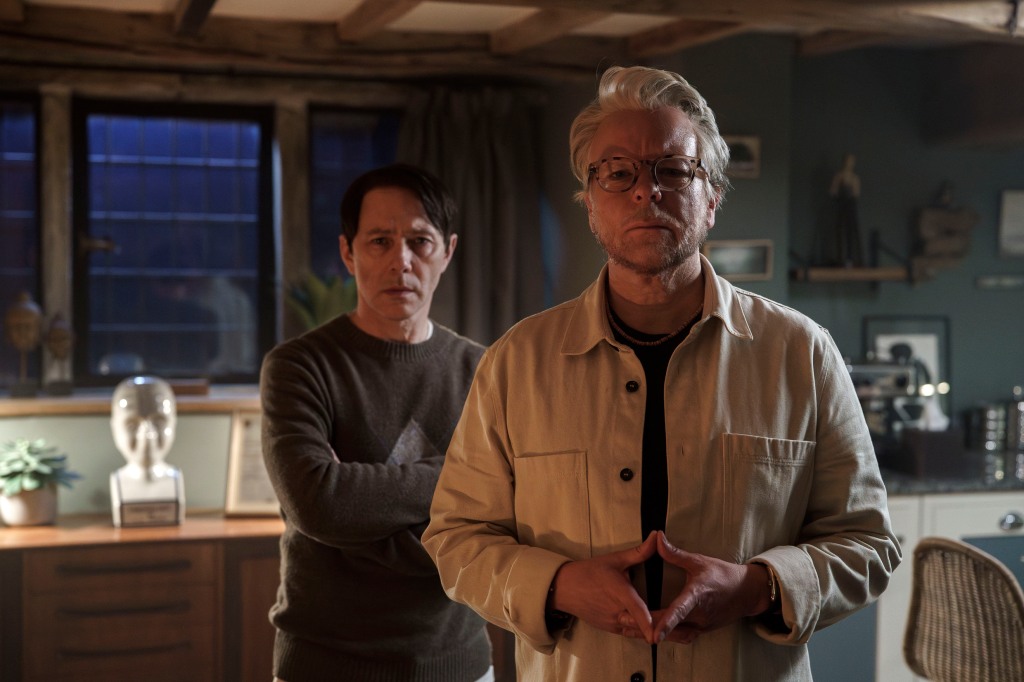

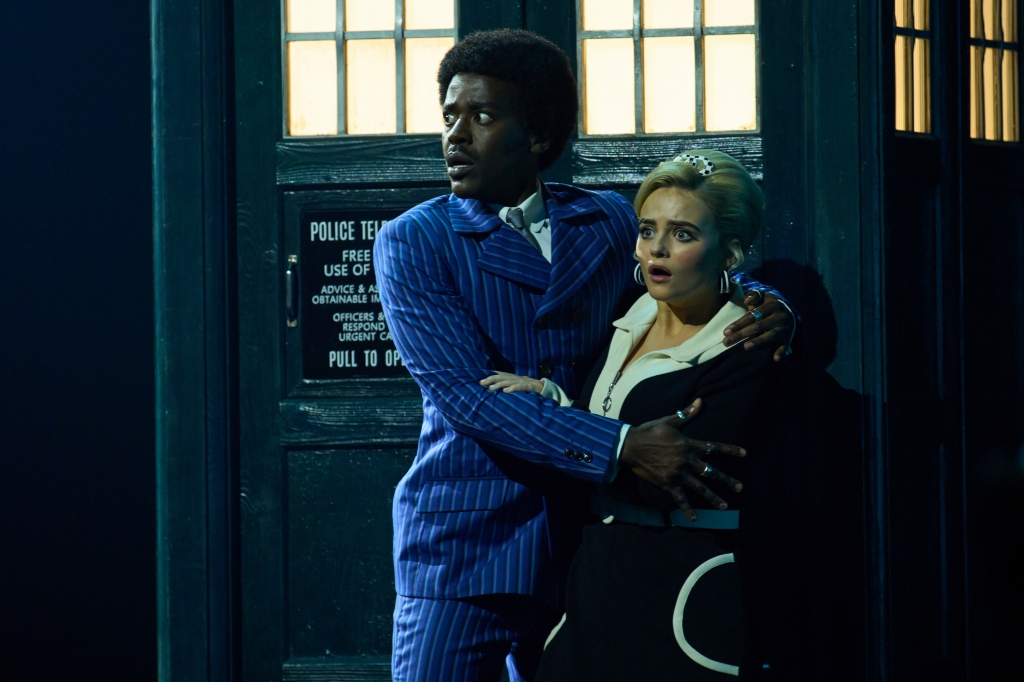
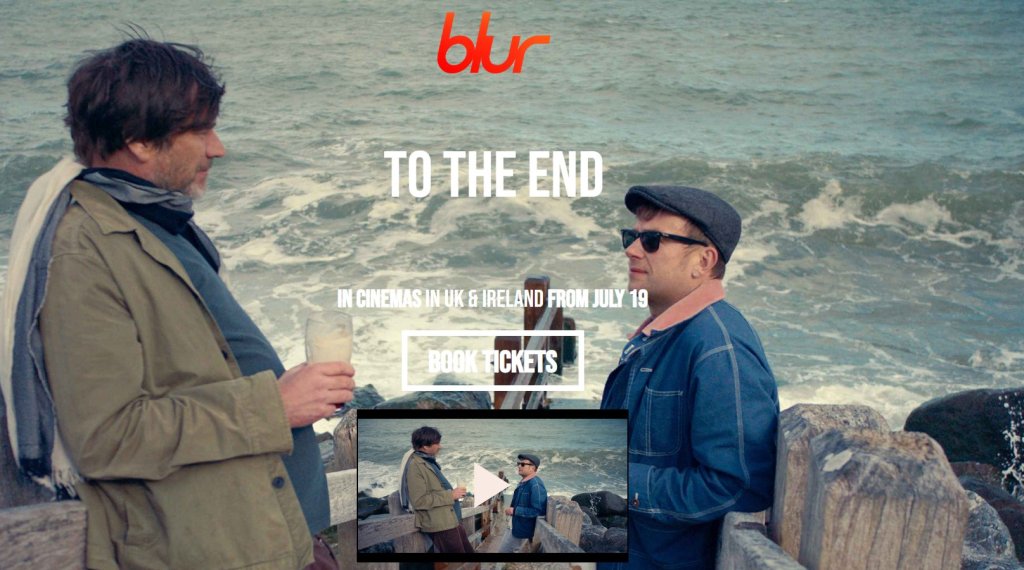

![The Cat And The Canary Blu-ray review: Dir. Paul Leni [Masters Of Cinema]](https://criticalpopcorn.com/wp-content/uploads/2024/04/image-5.png?w=1024)
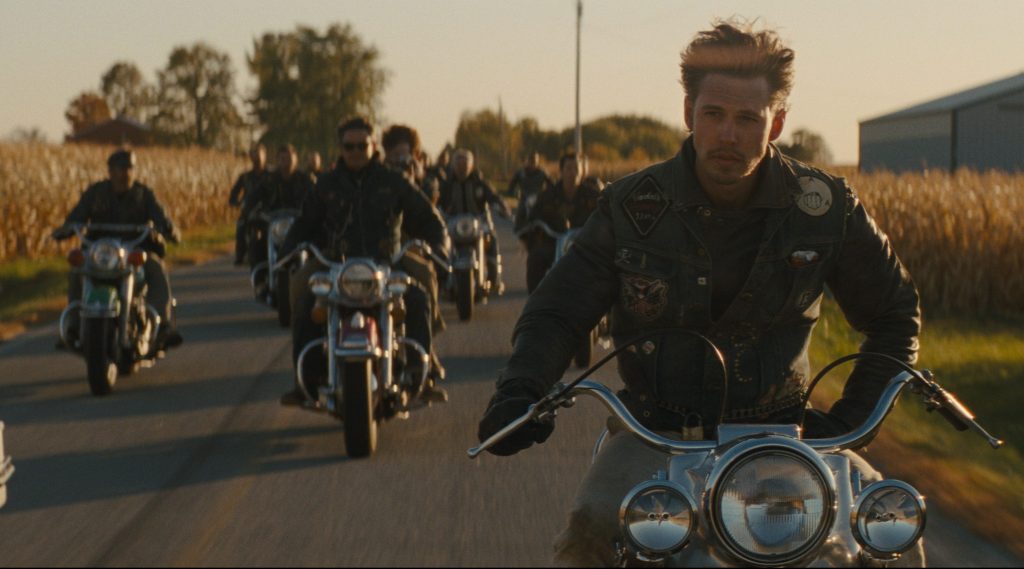


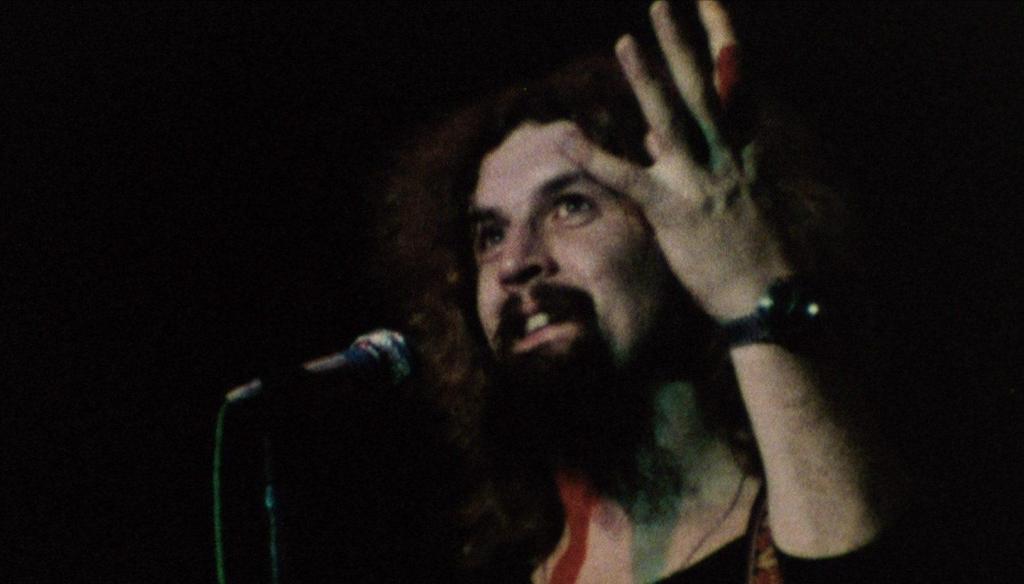
![Crimson Peak Limited Edition 4K UHD review: Dir. Guillermo del Toro [Arrow Video]](https://criticalpopcorn.com/wp-content/uploads/2024/04/crimson-peak-4k-arrow-video-highdef-digest-full.jpg?w=1024)
Post your thoughts